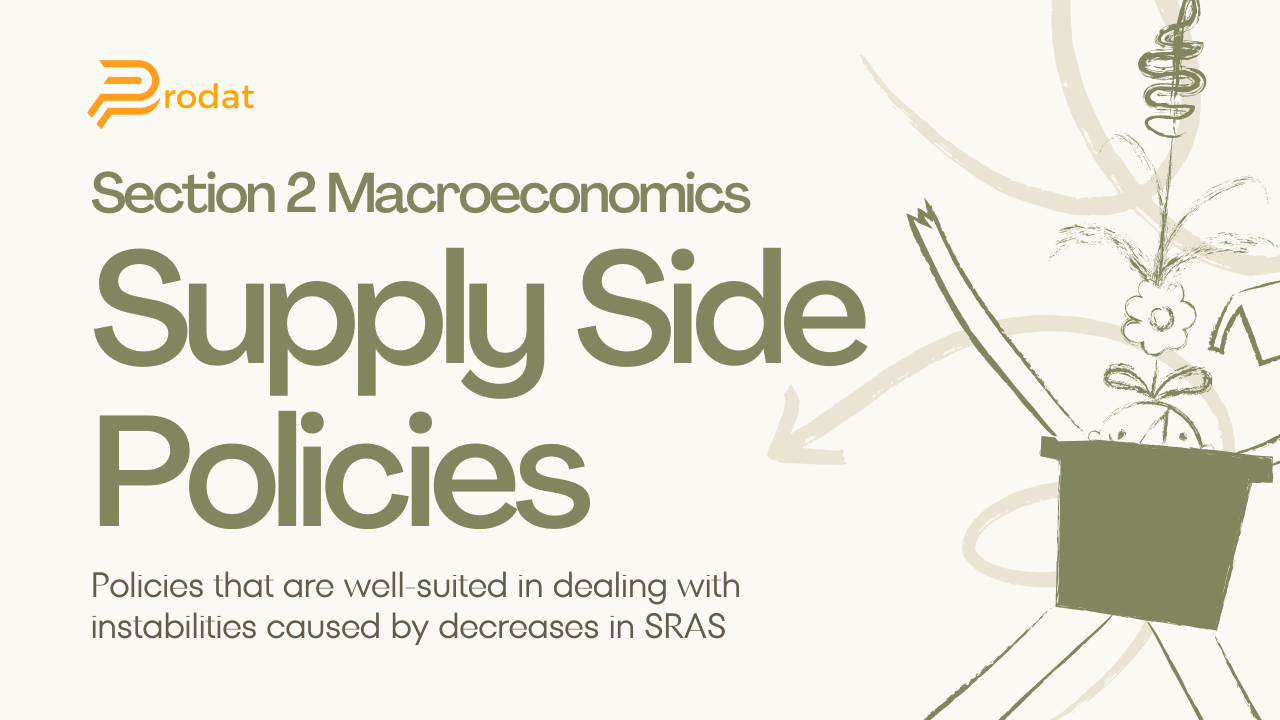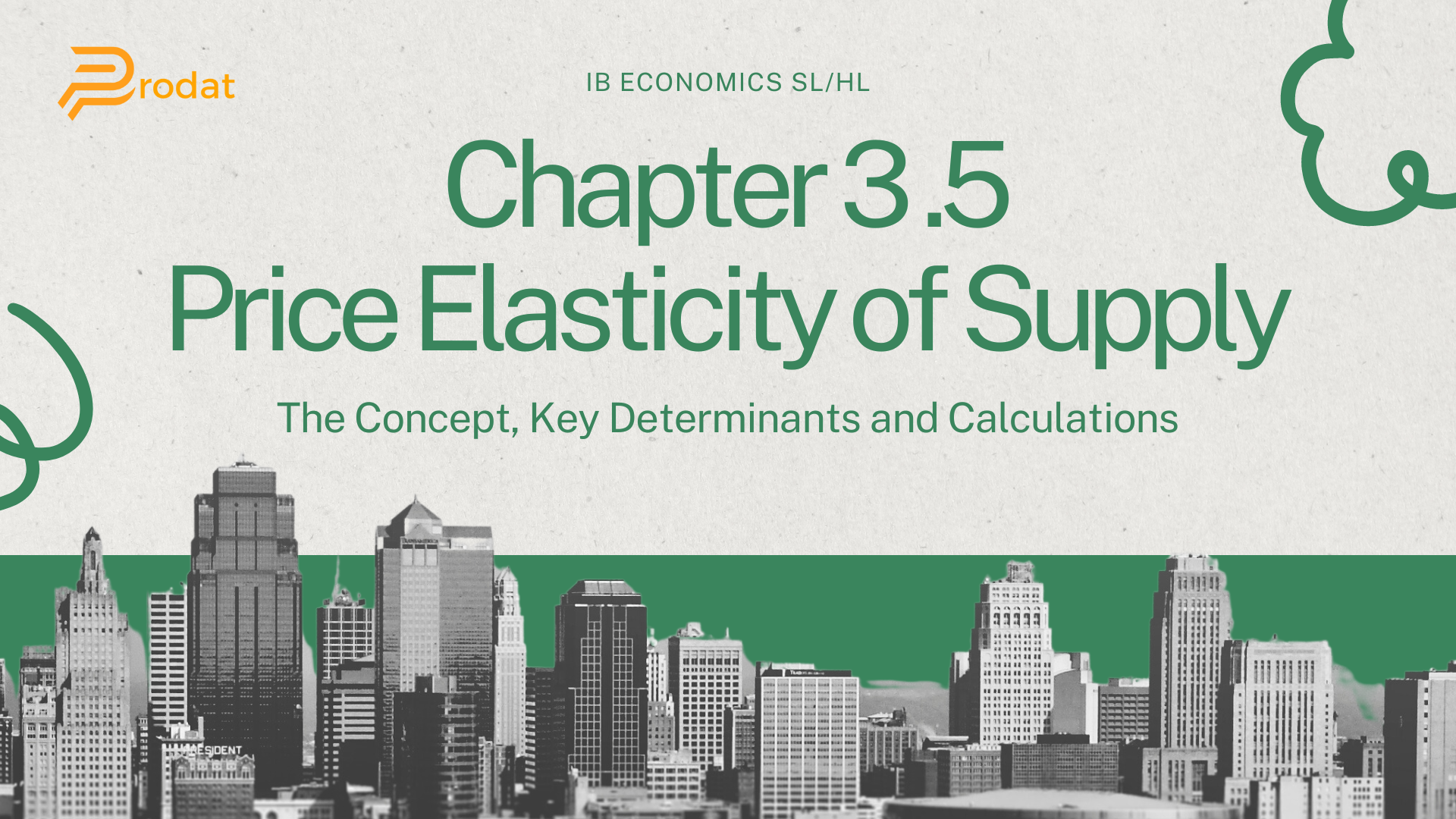
What is Individual Oral (IO) in the IB Diploma Programme?
Individual Oral (IO) is an internal assessment of IB English and Language and Literature, where students’ ability to analyse and discuss a global issue from literary and non-literary extracts through speaking is evaluated.
Usually the individual oral lasts 10 minutes of speech and an additional 5 minutes where your English teacher will throw some questions to you on the spot!
Here is how 10 minutes is being divided:
1 minute of introduction
4 minutes of explaining an analysis of a global issue within a chosen literary extract
4 minutes of explaining an analysis of a global issue within the chosen non-literary extract
1 minute of conclusion
Step-by-step guidance

Step 1 – Choose 1 English literary extract
The literary extract must contain a maximum of 40 lines in Times New Roman font, size 12.
I strongly recommend you select a literary extract that has already been discussed in your English class because you will receive more assistance from your teacher which will save more of your time and energy.
Step 2 – Choose 1 global issue based on the chosen literary extract
Personally, I consider this as the most crucial step out of all because if the global issues do not align with both literary and non-literary extracts, you will lose a huge amount of marks!
The global issue has to be narrow and specific.
Examples of global issues: Ideological conflict, collective trauma, and social pressure (Based on the book “The Things They Carried” by Tim O’Brien)
Well-designed language will help to frame global issues.
Step 3 – Choose 1 non-literary text
After finalising your global issue, find a non-literary (non-fiction) text that contains the same global issue as the literary extract that you have selected.
Maximum 40 lines with Times New Roman and font 12.
But first, you need to decide the text type of the non-literary text! The text type must contain the chosen global issue.
List of examples of text types
Blog
Article
Comic strips
Radio broadcast transcript
Propaganda posters
Interview transcript
Advertisements
After determining 1 text type, you must prepare a minimum of 3 to 5 extracts within your chosen text type under the same global issues.
Some text type requires more extracts than other like advertisements, or propaganda posters where they need at least 4 extracts.
Assessment Criteria for IO
In IB, there are four main criteria that you should know:
- Criteria A – Knowledge, Understanding, Interpretation
- Criteria B – Analysation and Evaluation
- Criteria C – Focus and Organisation
- Criteria D – Language
This is a full list of assessment criteria including the marks and level descriptors for the individual oral. it is very useful and I strongly recommend you check it here
What else do we need to consider for Individual Oral?
1 – Structure
Criteria C assesses an individual’s focus and organisation.
IB evaluates your ability to deliver a structured, well-balanced and focused oral. Your ideas must be connected together.
2 – Content
Focuses on the background information, settings, and context of both literary and non-literary extracts.
When it comes to choosing your extracts, you must consider how much of your global issue is present. The more present it is, the easier for you to connect your ideas in a cohesive manner.
3 – Literary Devices
Identifying literary devices such as simile, paradox, and oxymoron and finding out the purpose of why the author has used them.
4 – Language
Discovering how the usage of the author’s language communicates/brings out global issues.
That’s all for today, thank you so much for visiting this blog! I hope it was extremely helpful to you 🙂
If you wish to know more about our English Language and Literature content, check out our other blog here


